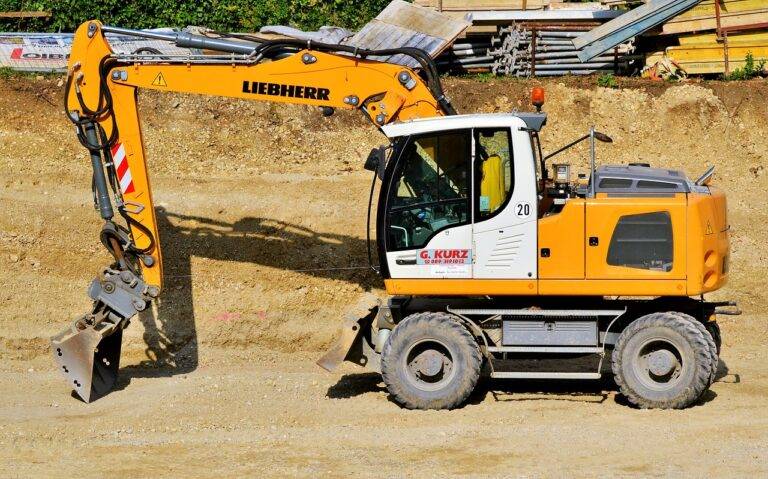The Rise of Urban Farming: Vertical Gardens and Hydroponics
Cities across the globe are experiencing a resurgence in urban agriculture due to its numerous benefits. From reducing food miles and increasing food security to promoting sustainability and community engagement, urban agriculture plays a vital role in modern city planning. By utilizing innovative techniques such as rooftop gardens, vertical farms, and community plots, urban areas can transform underutilized spaces into flourishing hubs of productivity.
The integration of urban agriculture into city landscapes not only provides fresh, locally grown produce to residents but also contributes to a greener environment by reducing the carbon footprint associated with transporting food long distances. Additionally, urban agriculture initiatives have been shown to enhance social cohesion and improve public health by promoting active lifestyles and access to nutritious foods. As cities continue to expand and populations increase, the implementation of urban agriculture practices is becoming increasingly vital in creating sustainable, resilient urban environments.
The Benefits of Vertical Gardens
Vertical gardens offer a unique solution for urban spaces where traditional gardening may be limited. By utilizing vertical space, these gardens provide an opportunity to grow plants in a creative and efficient manner. This innovative approach not only enhances the aesthetic appeal of urban areas but also contributes to the overall well-being of city dwellers.
One of the key benefits of vertical gardens is their ability to improve air quality in densely populated cities. The plants in these gardens help to filter pollutants and toxins from the air, thus creating a healthier environment for residents. Additionally, vertical gardens can also help to regulate temperature and reduce energy consumption in buildings by providing natural insulation.
What is urban agriculture and how does it relate to vertical gardens?
Urban agriculture is the practice of growing food in cities. Vertical gardens are a form of urban agriculture where plants are grown on vertical surfaces instead of traditional horizontal gardens.
What are some of the benefits of vertical gardens?
Vertical gardens help improve air quality, reduce urban heat island effect, provide insulation, create habitat for wildlife, and can even help reduce stress in urban environments.
Can anyone start a vertical garden?
Yes, vertical gardens can be started by anyone, regardless of gardening experience. There are many resources available online and in stores to help beginners get started.
Are vertical gardens only for growing food?
While vertical gardens are commonly used for growing food, they can also be used for ornamental plants, herbs, flowers, and even succulents.
Do vertical gardens require a lot of maintenance?
Vertical gardens do require some maintenance, such as regular watering and occasional pruning. However, many vertical garden systems are designed to be low-maintenance and easy to care for.





